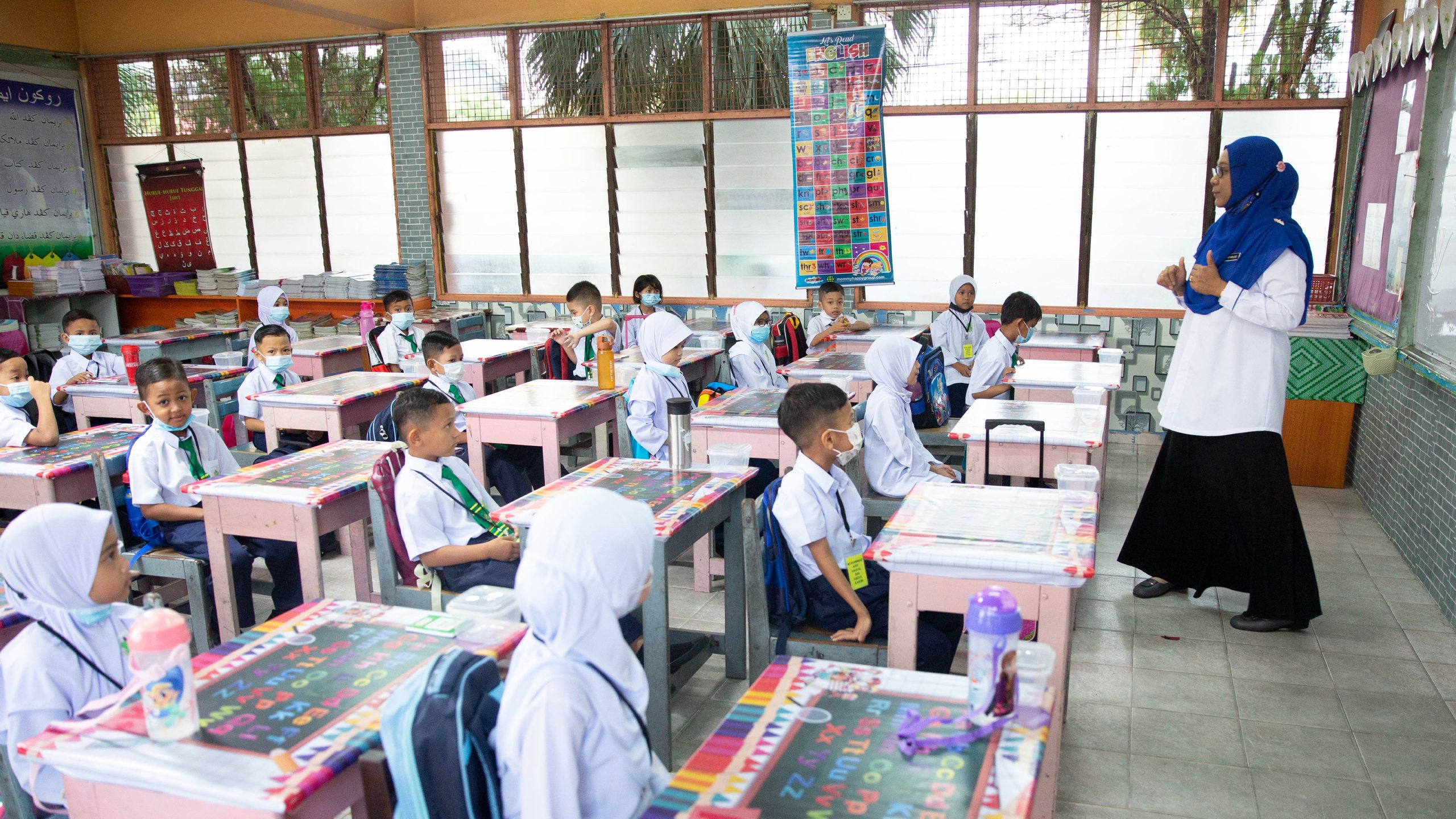MCA has called for the government to find a middle ground when it comes to the new three-month intervention programme for Standard One students who have not mastered the skills of reading, writing and counting (3M).
The party’s education consultative deputy chairperson Felicia Wong Yin Ting said while the idea behind the programme is commendable, the concerns raised by education experts are also valid as many students are still developing basic skills and the foundations of their learning.
“As a nation, we need to find a middle ground. We should not dismiss the programme outright, but we also need to listen to these worries,” Wong said in a statement on Wednesday (Sept 25).
“It is important for the Education Ministry (MOE) to manage the programme well so that this early intervention has a positive and beneficial outcome.”
Earlier, education experts have expressed their concern over the MOE-mooted intervention programme as they believe it is premature to label these children as struggling and emphasised the need to focus on problem-solving.
Concerns also include potential learning gaps, an overloaded curriculum, and the programme’s outcomes and time frame.
Wong said for starters, Standard 1 students should not be labelled as “left behind” given that children grow and learn at different rates, and using such labels too flippantly can harm their confidence.
“The intervention programme is centred around support, so to reflect this, the children partaking in it should not be feeling pressured or stigmatised,” she stressed.
“Along the same lines, while the 3M skills are being focused, it is just as important to encourage creativity, emotional intelligence, and critical thinking within the students as well.
“Pressuring them to meet only academic standards might do more harm than good. The MOE must realise this and adopt a more flexible and understanding approach to ensure that children remain positive throughout the programme.”
Wong further noted that supporting teachers and providing enough resources is also crucial for the programme’s success.
“Even though it is planned to run for a period of three months, it’s important that teachers are well-equipped to carry it out effectively. If they feel overwhelmed or lack adequate resources, the programme may not reach its full potential,” she stressed.
“Finally, we need to keep parents in the loop. Experts have pointed out that there’s not enough clear communication about the programme’s goals and timelines.
“Parents should understand what the programme involves, how progress will be tracked, and what support is available if their children still face challenges after the intervention. Being open and transparent will help build trust and make the programme more effective.” – Sept 25, 2024
Main image: New Naratif









